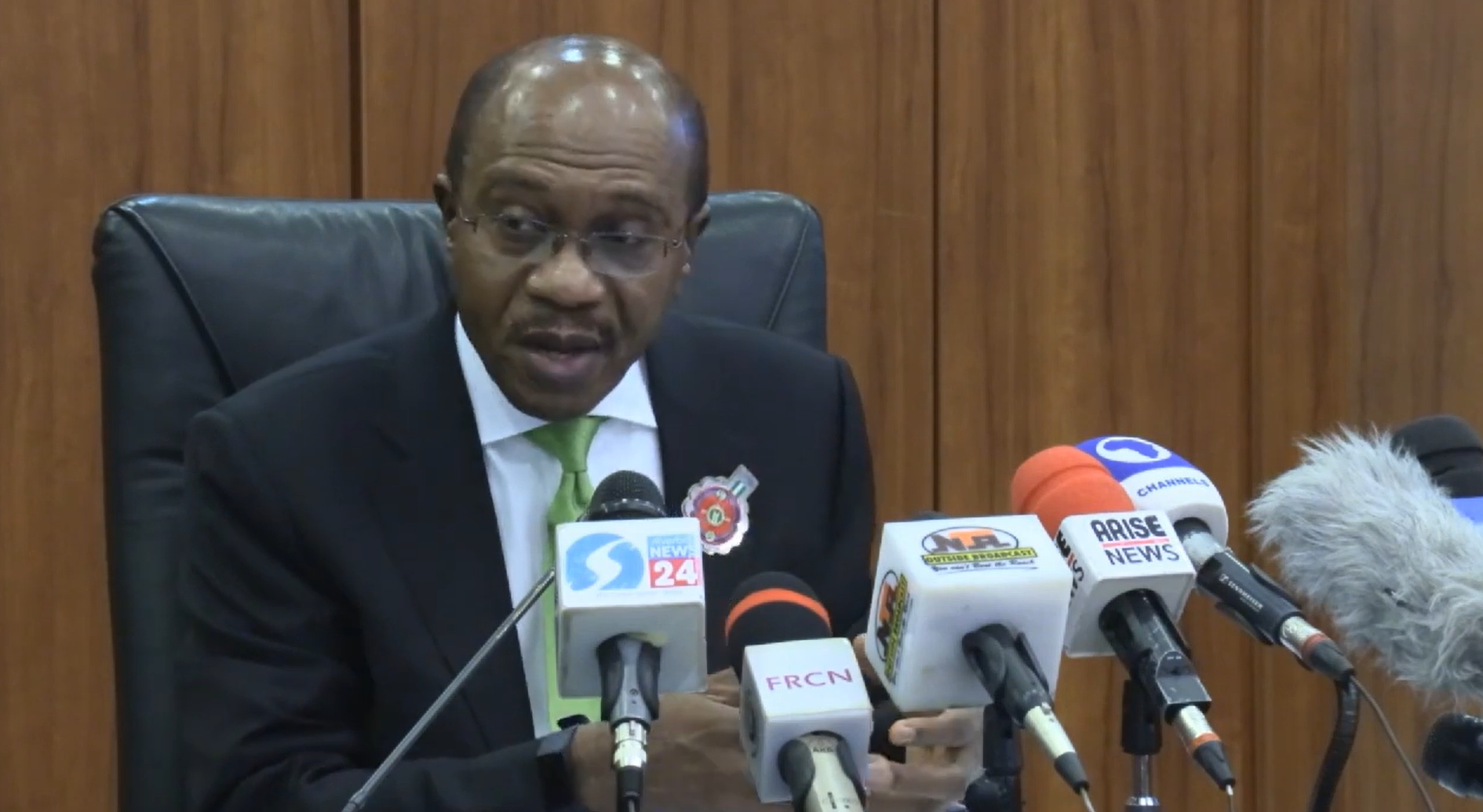Nigeria’s suspended Central Bank Governor, Godwin Emefiele, expressed his belief that the foreign exchange (forex) market would remain stable, citing various policies put in place during his tenure.
Emefiele made these remarks in his personal statement released during the May Monetary Policy Committee meeting, which he chaired. He highlighted the potential impact of the Dangote Refinery on Nigeria’s foreign reserves and exchange rate stability.
The refinery’s operations, he suggested, could also boost government revenues and contribute to overall economic advancement.
- “Nigeria’s FX market is projected to remain stable, particularly due to various policies to strengthen economic fundamentals, resolve macro imbalances, and diversify our productive base. The onset of the Dangote refinery is gratifying, as it could fortify FX reserves, enhance continued exchange rate stability, improve fiscal space, and promote economic advancement.” Emefiele
In retrospect, Emefiele’s comments underline his disconnection from the current reality.
One of the major issues during Emefiele’s leadership was the persistent gap between the official and black market exchange rates. Despite his efforts to implement various forex policies, including restrictions on foreign exchange access and capital controls, these measures failed to achieve parity between the two rates.
Many also attribute the failure of Emefiele’s forex policies to a lack of understanding of market dynamics and an overreliance on restrictive measures. Rather than fostering a conducive environment for a competitive forex market, his policies stifled liquidity and created opportunities for arbitrage.
This disconnection from market forces contributed to the depreciation of the naira and widened the gap between the official and black market rates.
The consequences of Emefiele’s disconnected approach were felt across various sectors of the economy. Businesses, especially those reliant on legitimate imports, struggled to access foreign exchange at so-called official rates, thus resorting to the black market.
This resulted in increased costs, reduced competitiveness, and ultimately hindered economic growth and job creation. Since his suspension, the Central Bank wasted no time and swiftly implemented a managed float of the exchange rate, unifying the various currency markets, and lifting several restrictions on forex demand.
Policies he implemented to attract forex, such as the “Naira 4 Dollar Scheme” and the “RT 200” policy, were abolished within two weeks of his suspension.
While abandoning many of his unpopular policies has led to a significant depreciation of the exchange rate at the official investor and exporter window, it also confirms that Emefiele may have been alone in believing that the exchange rate at N460/$1 was some form of forex stability.













i just think he is not intelligent; luck took him there.